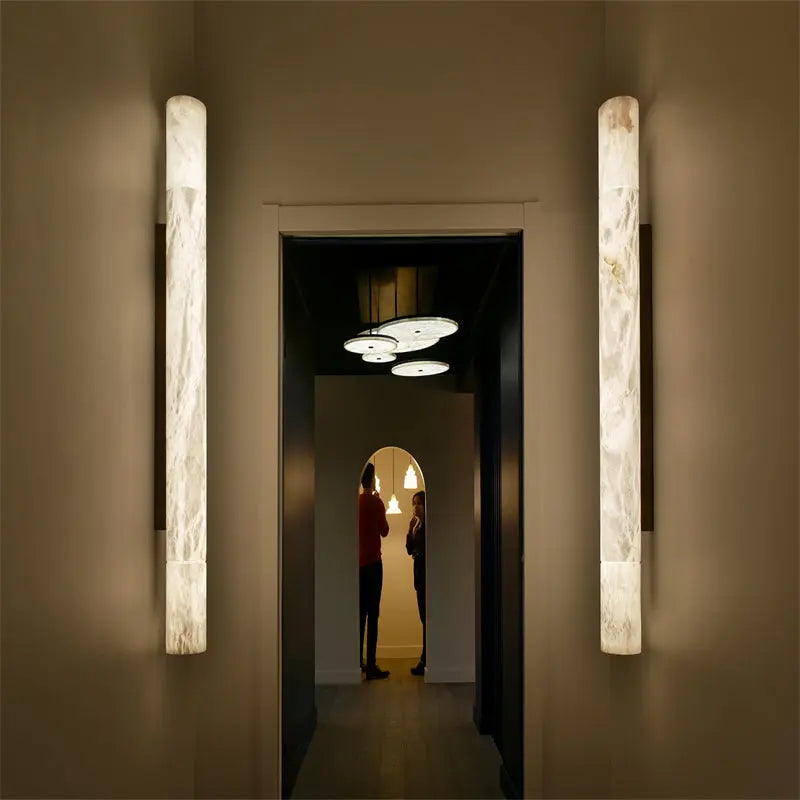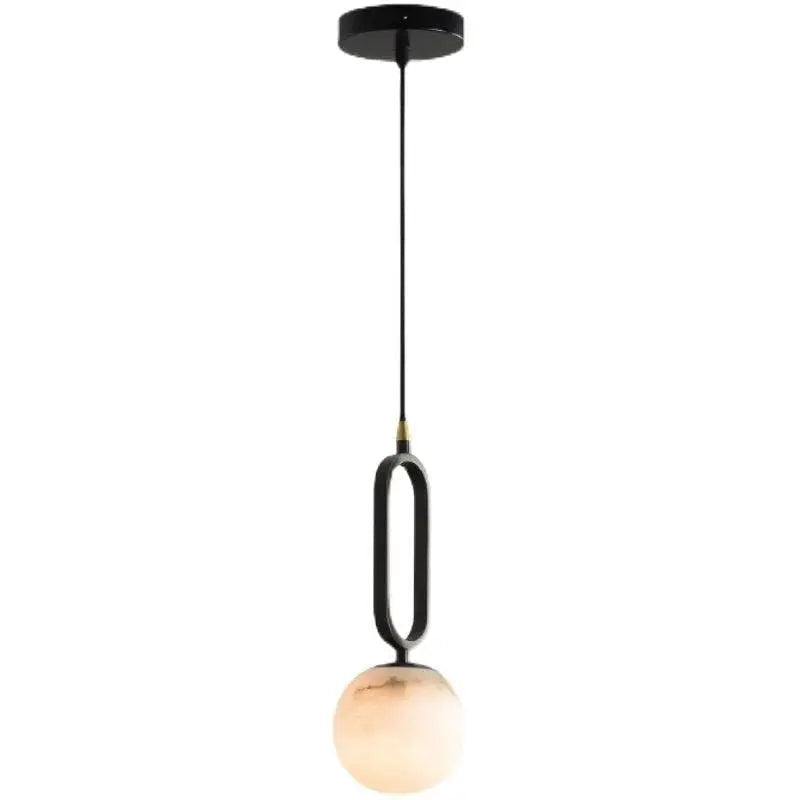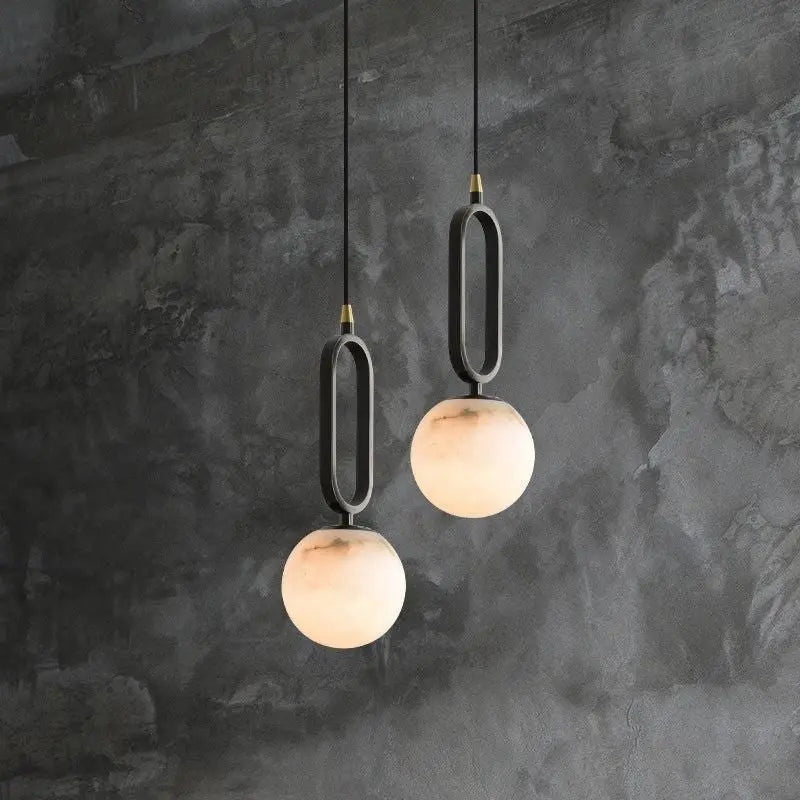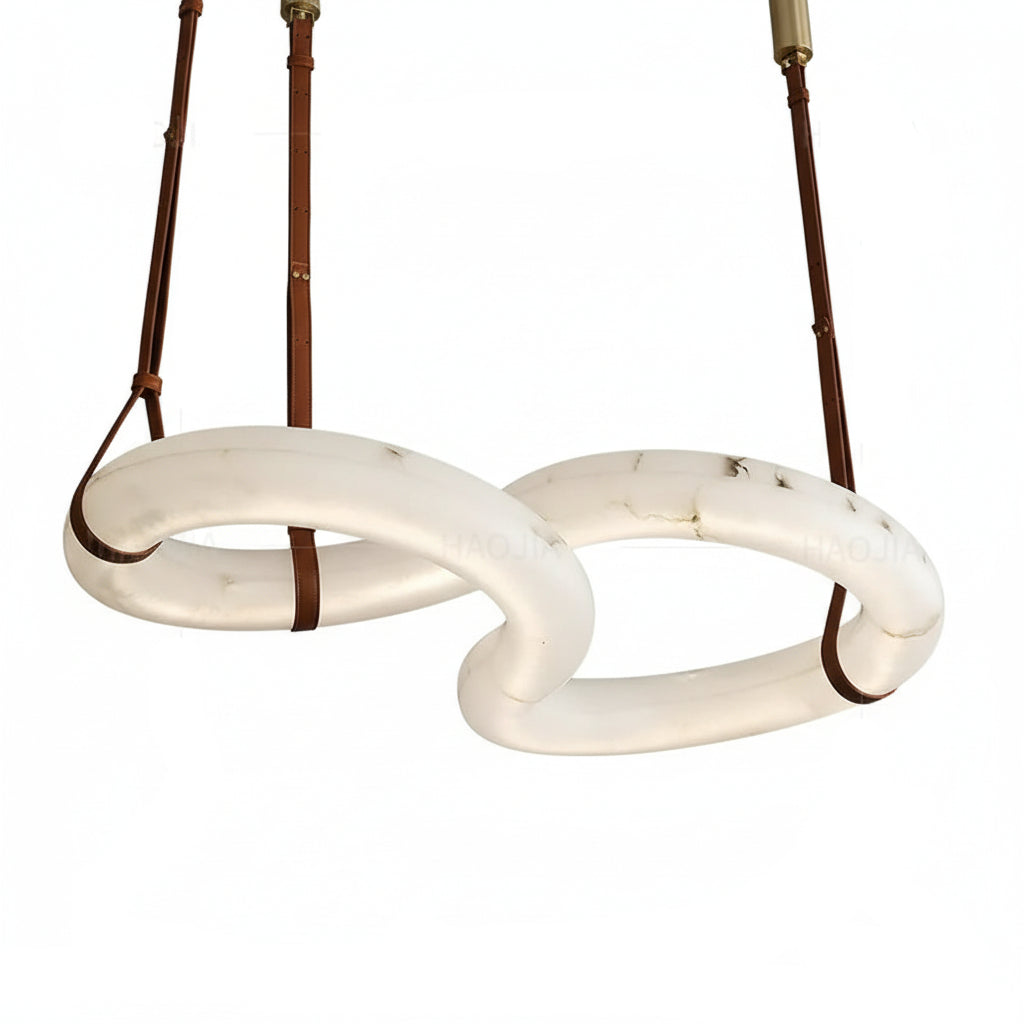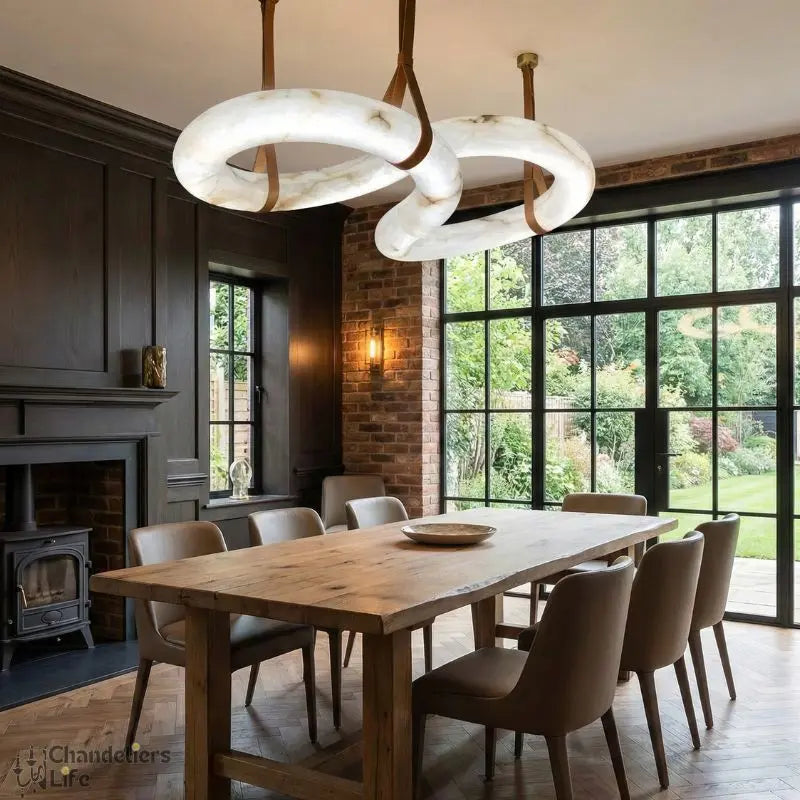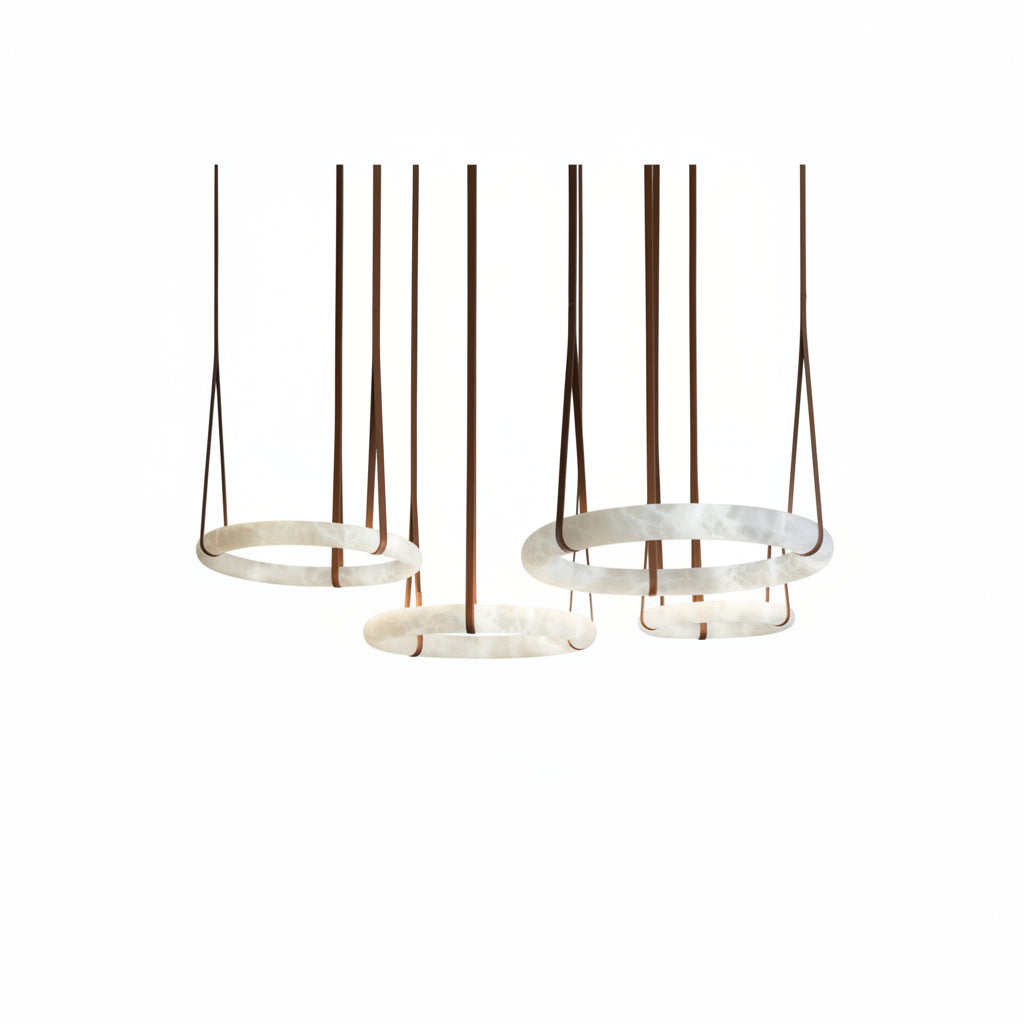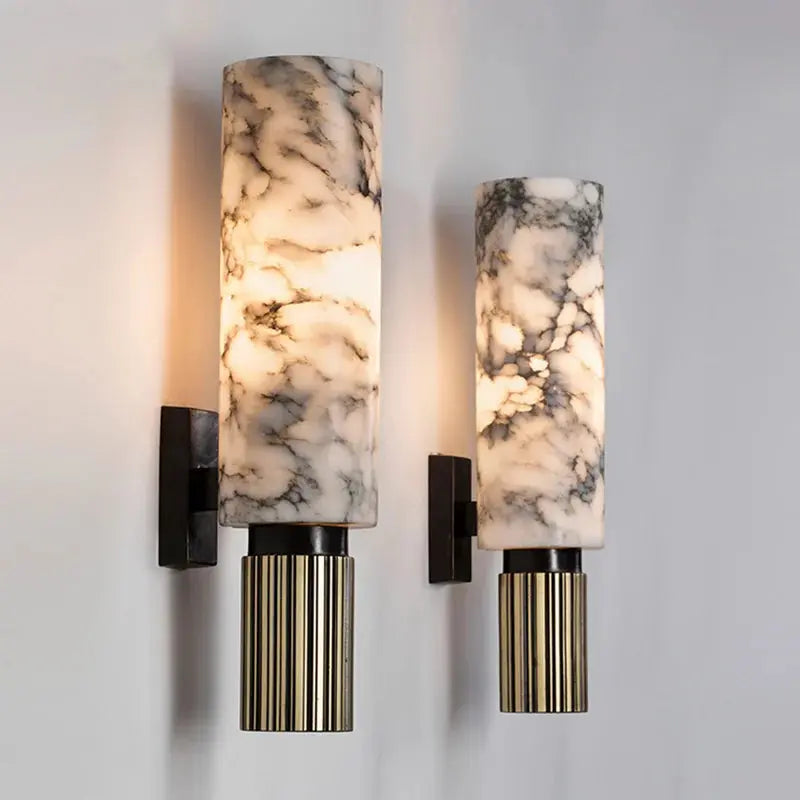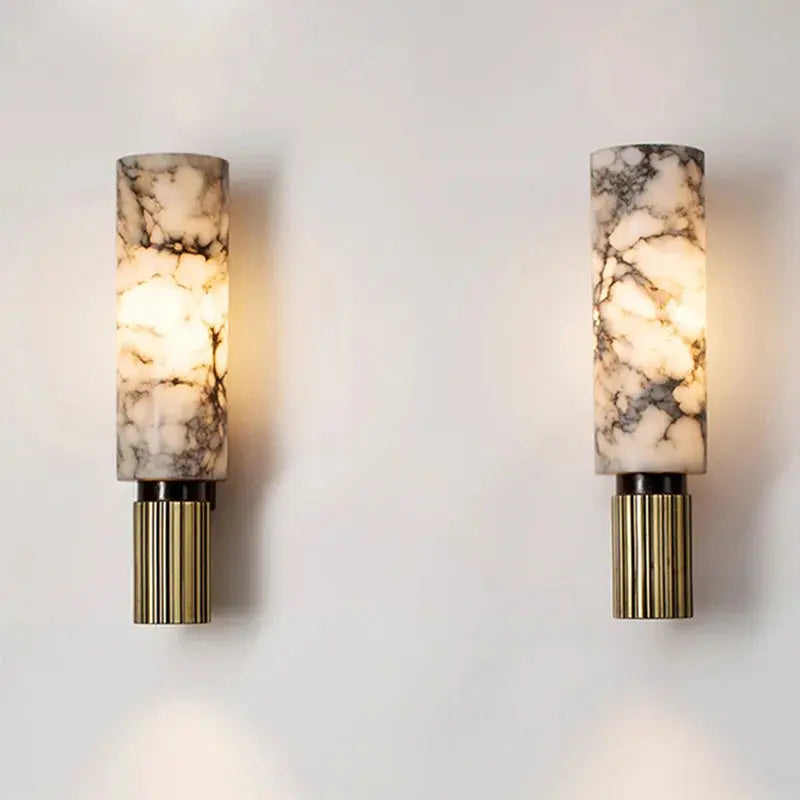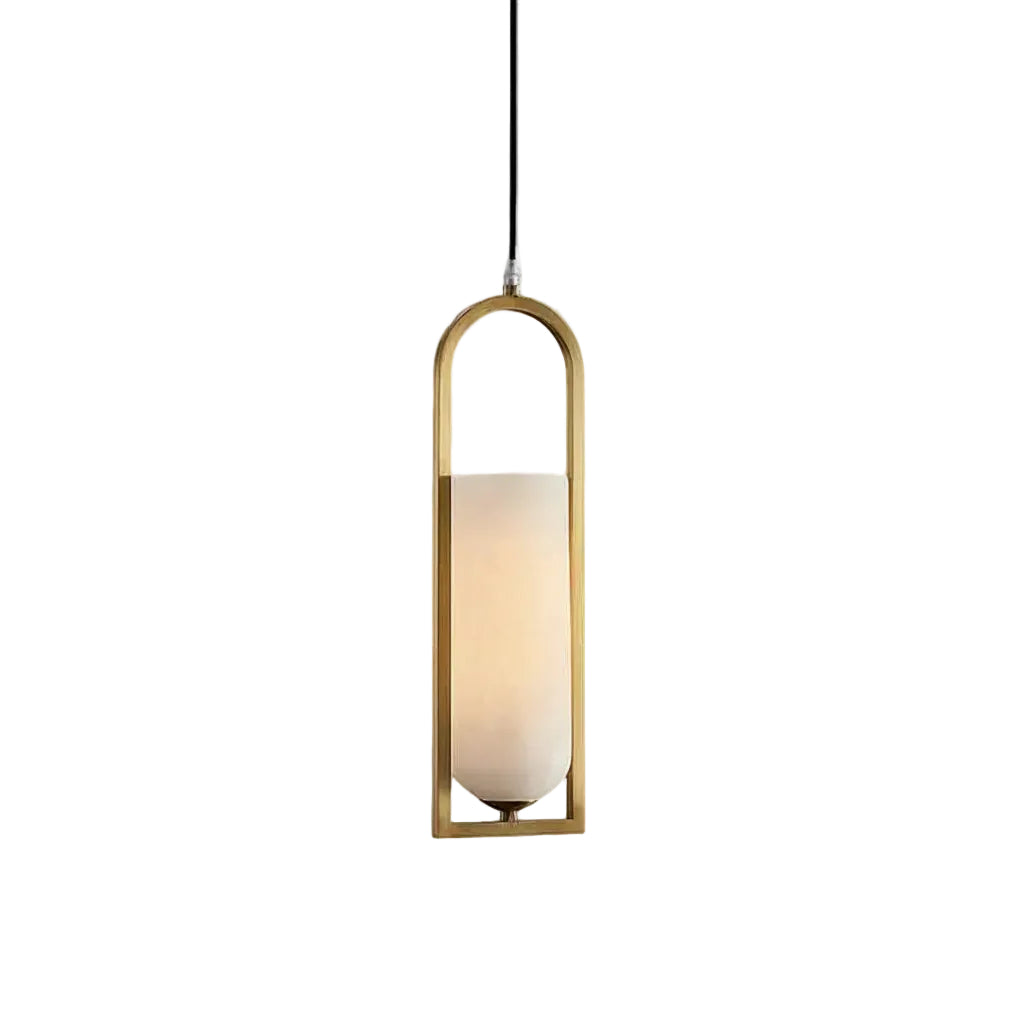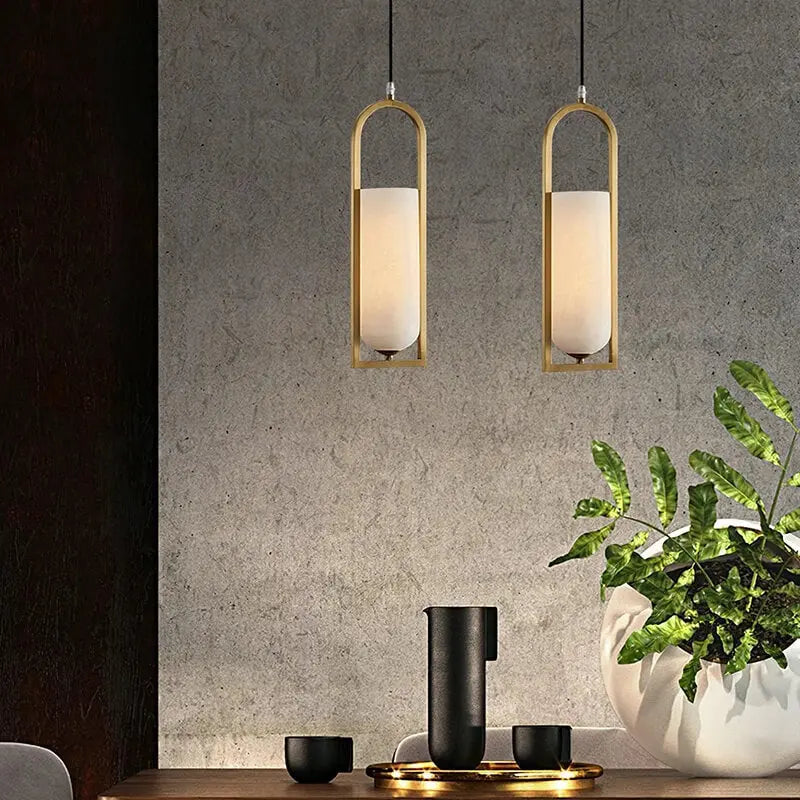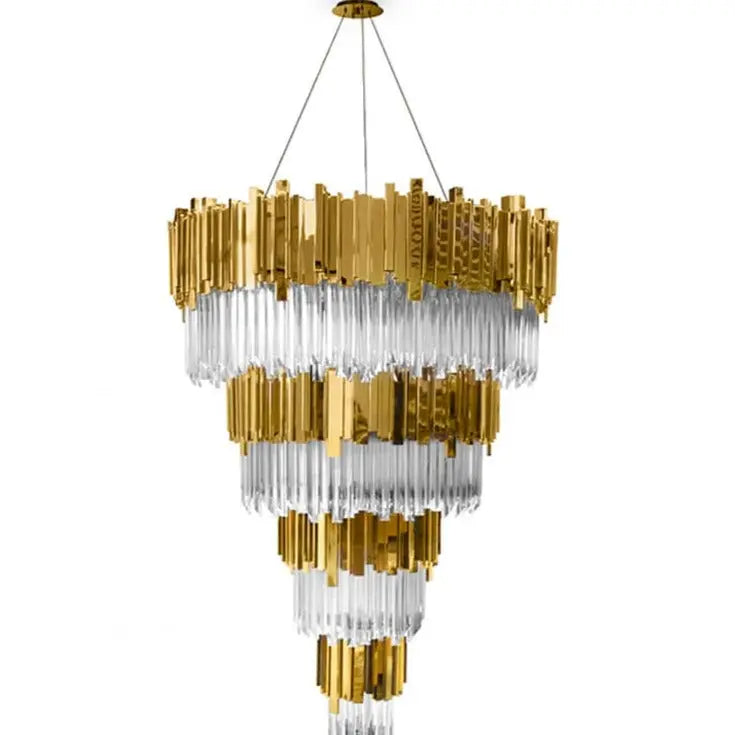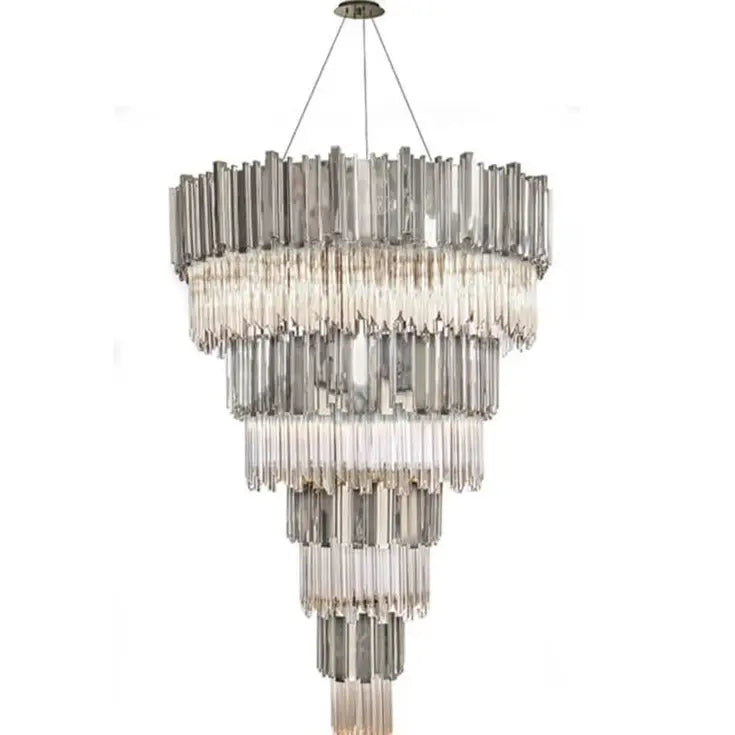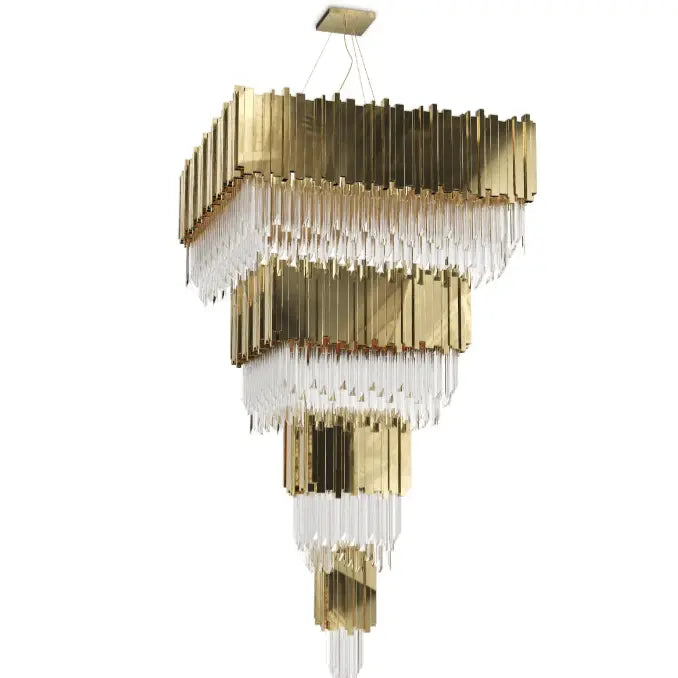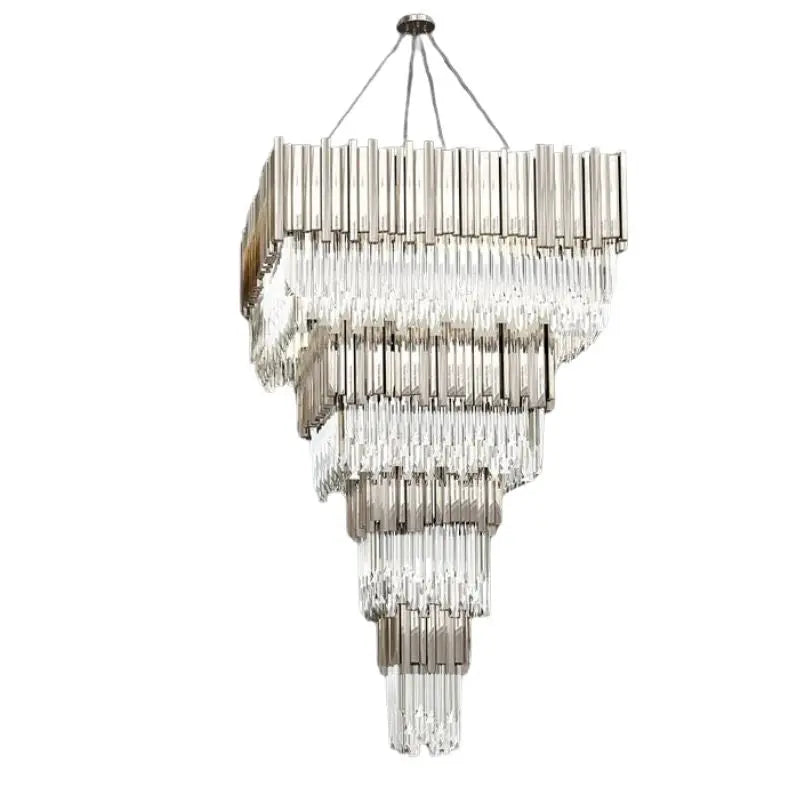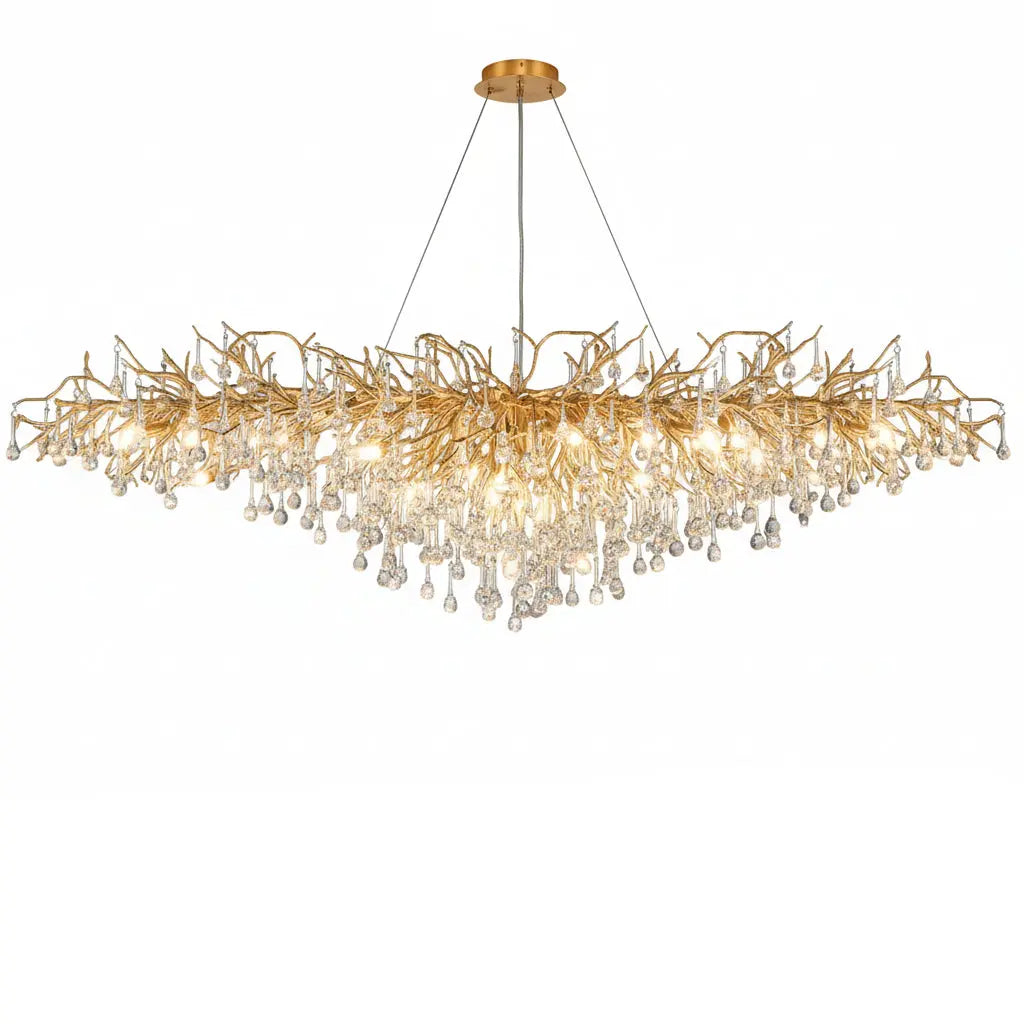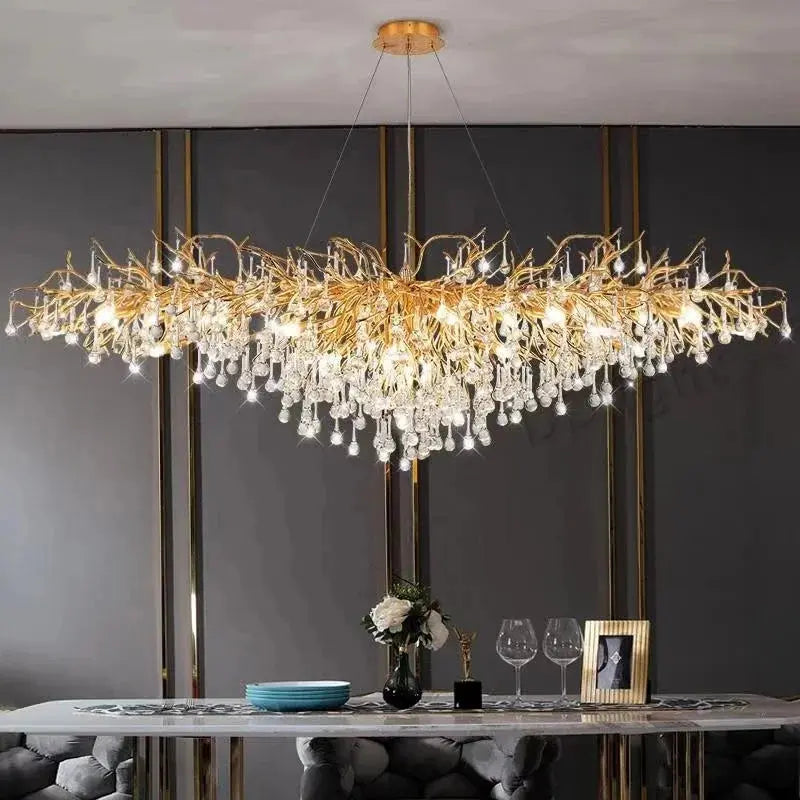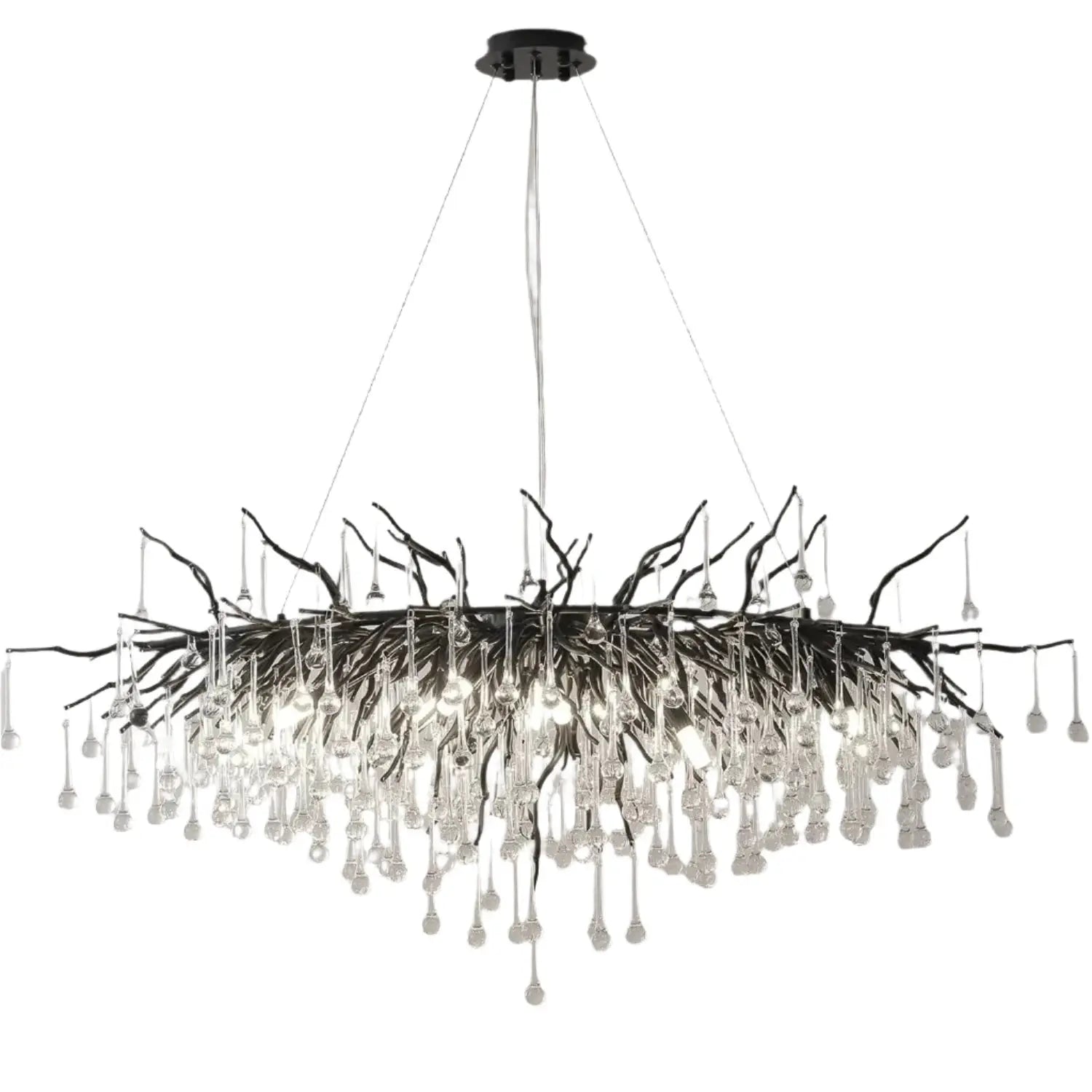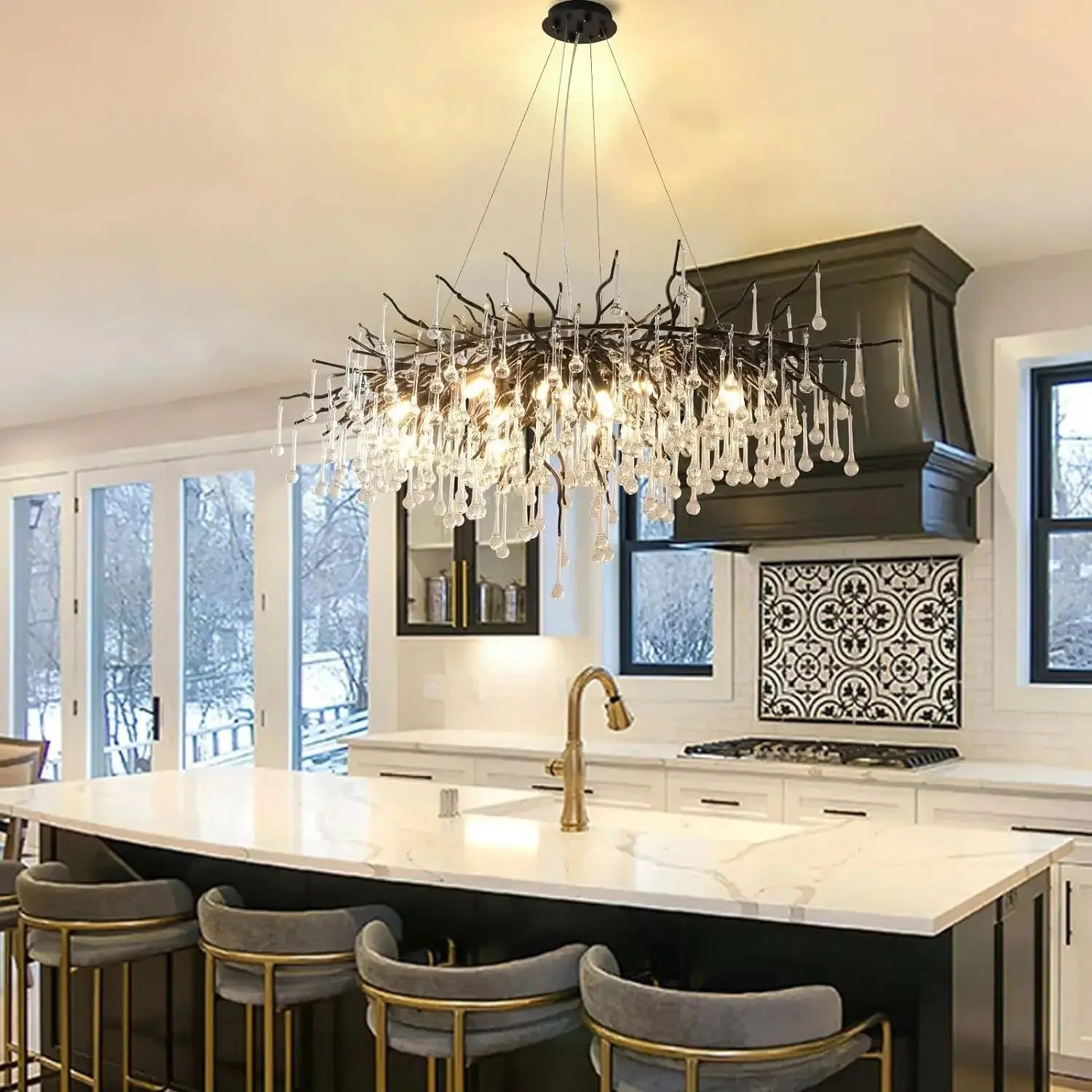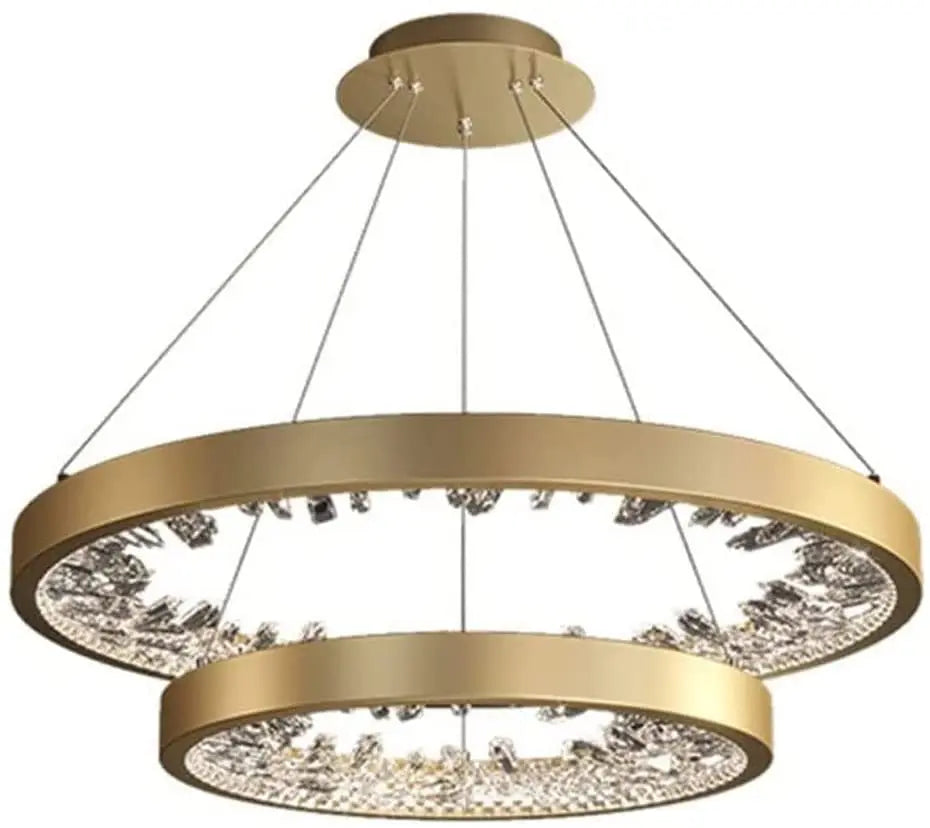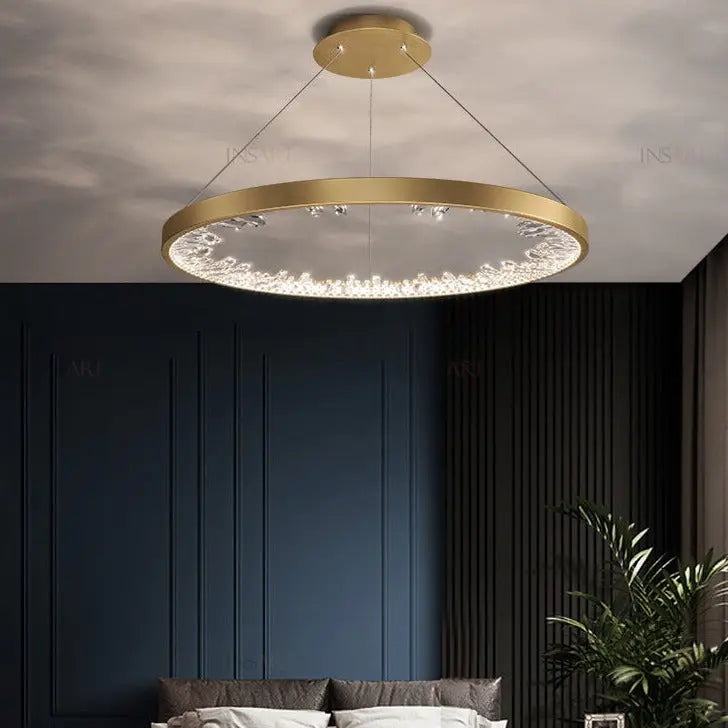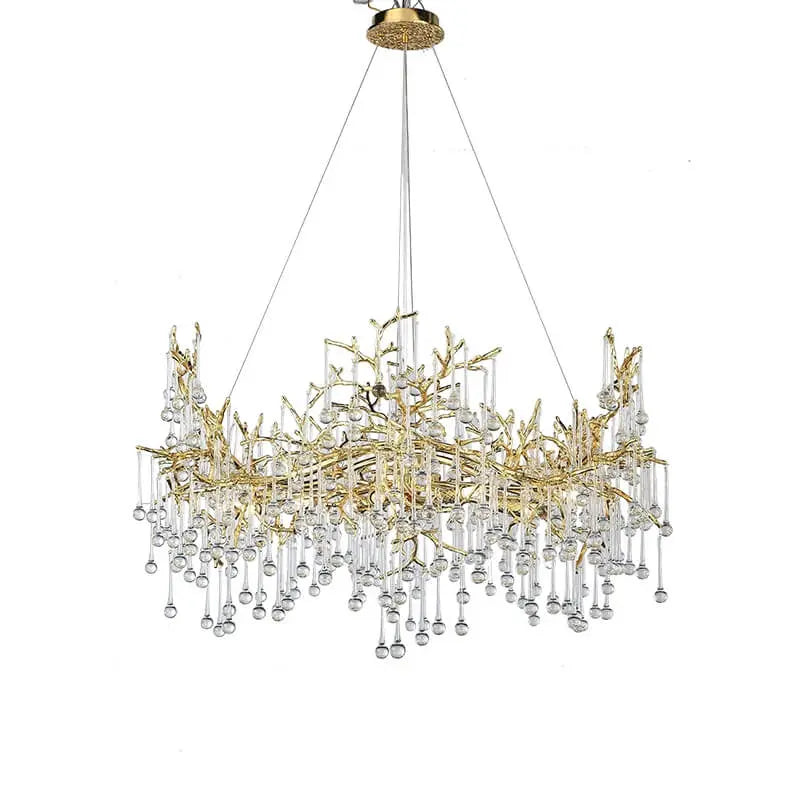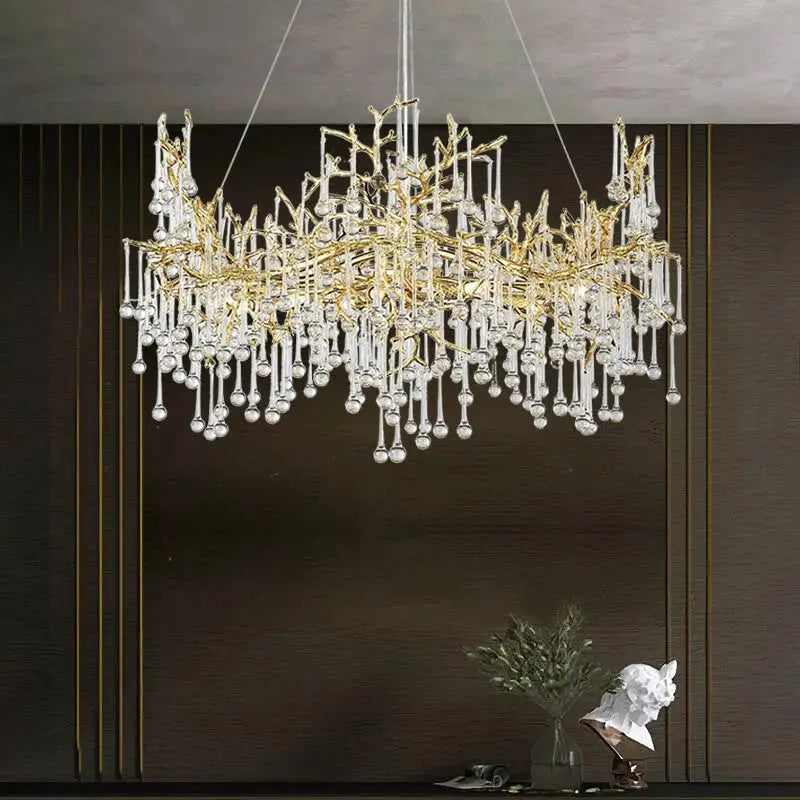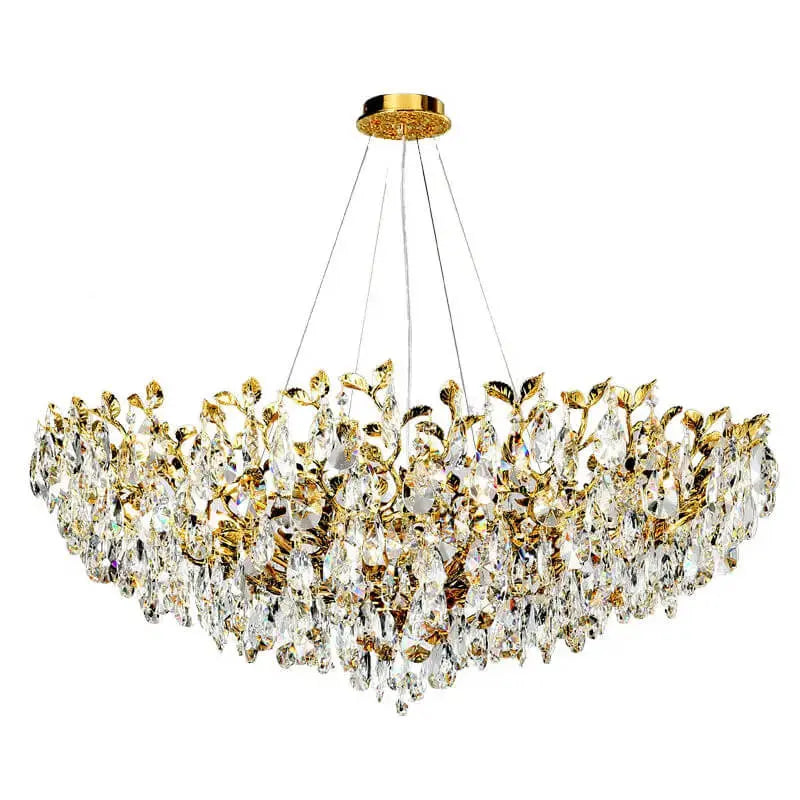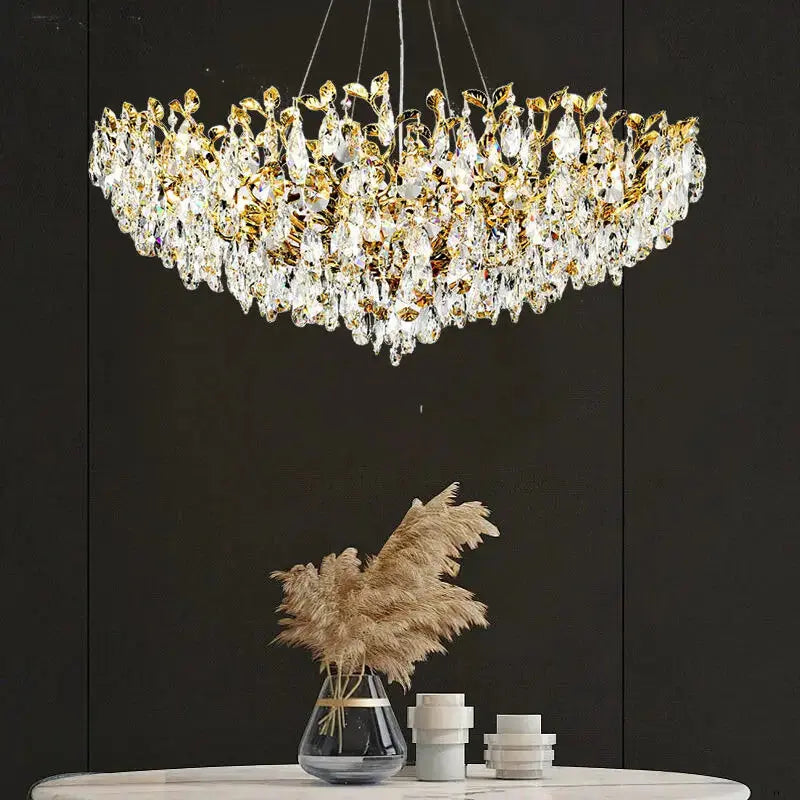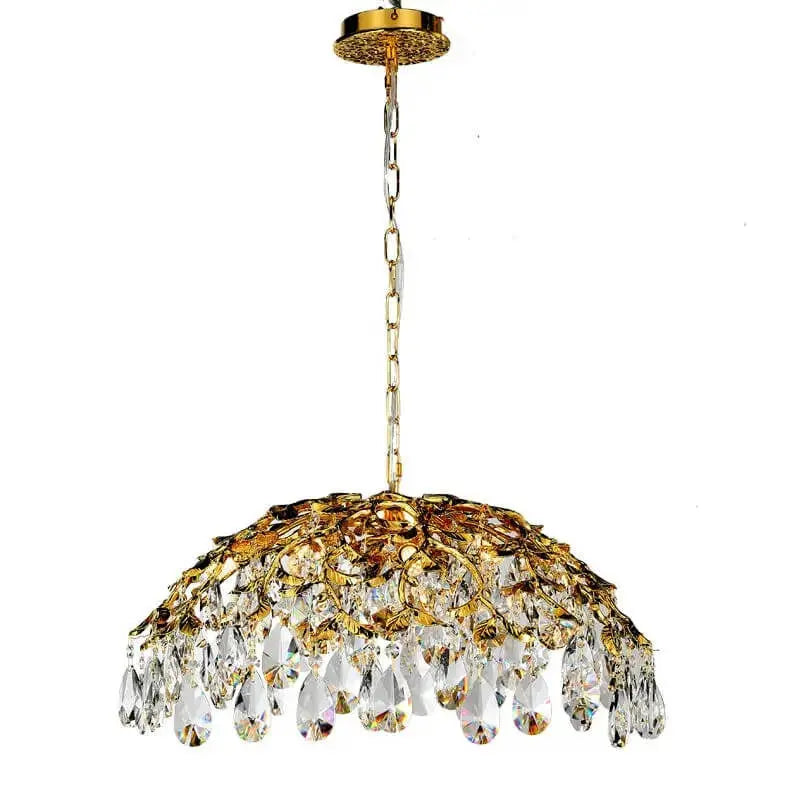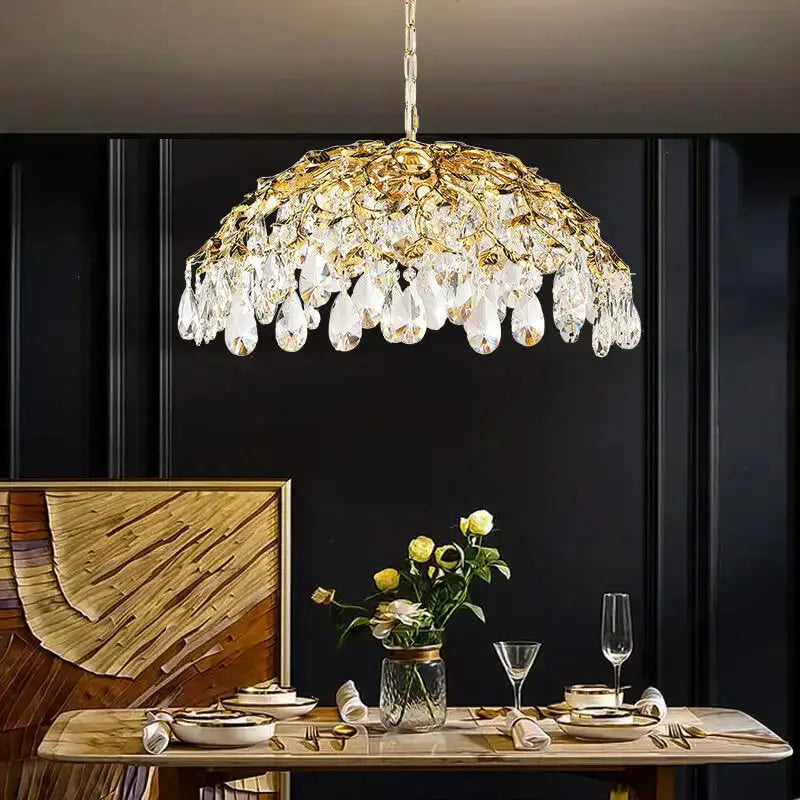Smart homes are changing how we live, making our daily tasks easier and more efficient. With the help of technology, our homes can adapt to our needs, offering comfort and security like never before. This article explores how smart home devices are transforming our everyday lives, making them more convenient, safe, and eco-friendly.
Key Takeaways
- Smart homes use technology to make life easier and more comfortable.
- Devices like smart speakers and thermostats help automate daily tasks.
- Security features such as smart locks and cameras keep homes safe.
- Energy-efficient appliances contribute to a greener lifestyle.
- The future of smart homes includes even more advanced technology.
The Evolution of Smart Home Technology
From Early Automation to Modern Innovations
The journey of smart home technology began with simple inventions like the electric light bulb and the thermostat. These early devices set the stage for a more automated living experience. Today, we have advanced systems that connect various devices, making our homes smarter than ever.
The Role of IoT in Smart Homes
The Internet of Things (IoT) has been a game changer. It allows devices to communicate with each other over the internet. This means you can control your home from anywhere! For example, you can adjust your thermostat or turn on your lights using your smartphone.
Key Milestones in Smart Home Development
Here are some important milestones in the evolution of smart homes:
- Introduction of Smart Thermostats: These devices learn your schedule and adjust temperatures automatically.
- Smart Lighting Systems: With options like an elegant marble chandelier, you can set the mood with just a voice command.
- Voice-Controlled Assistants: Devices like Amazon Alexa and Google Home have made it easy to control your home with your voice.
Smart home technology is not just about convenience; it’s about creating a lifestyle that is efficient and enjoyable.
As we look to the future, innovations will continue to shape our living spaces, making them more connected and responsive to our needs. Whether it’s through a sophisticated marble chandelier or smart appliances, the evolution of smart home technology is just beginning!
Enhancing Daily Convenience with Smart Homes
Smart homes are changing how we live by making everyday tasks easier and more efficient. Imagine controlling everything in your home with just your voice or a tap on your phone! This technology is not just about luxury; it’s about making life simpler for everyone.
Voice-Controlled Assistants and Their Benefits
Voice-controlled assistants, like Amazon Alexa and Google Assistant, are at the heart of smart home convenience. Here are some benefits:
- Hands-Free Control: You can turn on lights, play music, or set reminders without lifting a finger.
- Integration with Other Devices: These assistants can connect with various smart devices, creating a seamless experience.
- Accessibility: They help those with mobility issues manage their homes easily.
Automating Routine Tasks for Efficiency
Automation is a game-changer in smart homes. Here’s how it helps:
- Scheduled Lighting: Set your lights to turn on and off at specific times, enhancing security and saving energy.
- Smart Thermostats: Devices like the Nest Learning Thermostat learn your habits and adjust temperatures automatically, ensuring comfort and efficiency.
- Dimming Options: With smart dimmers, you can create the perfect ambiance for any occasion, whether it’s a movie night or a dinner party.
Smart Appliances for a Modern Lifestyle
Smart appliances are designed to make life easier. Here are some examples:
- Smart Refrigerators: They can track expiration dates and suggest recipes based on what you have.
- Smart Ovens: These can be controlled remotely, allowing you to preheat while you’re on your way home.
- Smart Washers and Dryers: They can notify you when a cycle is complete, so you never forget your laundry.
Smart homes are not just about technology; they’re about creating a lifestyle that prioritizes comfort and efficiency.
In conclusion, smart homes are revolutionizing daily living by enhancing convenience through voice control, automation, and smart appliances. As technology continues to evolve, the possibilities for making our lives easier are endless!
Boosting Home Security Through Smart Technology
Smart technology is changing how we protect our homes. With smart security systems, homeowners can feel safer than ever. These systems include various devices that work together to keep your home secure.
Smart Locks and Keyless Entry Systems
- Convenience: No more fumbling for keys; just use your smartphone.
- Remote Access: Lock or unlock your door from anywhere.
- Alerts: Get notifications when someone enters or leaves your home.
Advanced Security Cameras and Monitoring
- Real-Time Monitoring: Watch live feeds from your cameras on your phone.
- Motion Detection: Receive alerts if movement is detected.
- Two-Way Communication: Talk to visitors through your camera.
Integrating Alarms and Emergency Alerts
- Instant Alerts: Get notified immediately if there's a security breach.
- Emergency Services: Some systems can contact the police or fire department automatically.
- Smart Ecosystem: Connect your alarms with other smart devices for a comprehensive security network.
Smart home technology not only enhances security but also provides peace of mind, allowing homeowners to monitor their property from anywhere in the world.
In summary, smart technology is revolutionizing home security, making it easier and more effective to protect our living spaces. With features like smart locks, advanced cameras, and integrated alarms, homeowners can create a secure environment that adapts to their needs.
Energy Efficiency and Sustainability in Smart Homes
Smart homes are changing the way we think about energy use and sustainability. By using smart technology, we can save energy and help the environment.
Smart Thermostats and Energy Management
Smart thermostats are a key part of energy-efficient homes. They learn your schedule and adjust the temperature automatically. Here are some benefits:
- Saves energy by adjusting when you're not home.
- Reduces costs on your energy bill.
- Improves comfort by keeping your home at the right temperature.
Eco-Friendly Smart Appliances
Smart appliances are designed to use less energy. They can:
- Monitor energy use and suggest ways to save.
- Schedule operations during off-peak hours to save money.
- Connect to renewable energy sources, like solar panels.
Integrating Renewable Energy Sources
Many smart homes now use renewable energy. This can include:
- Solar panels that provide clean energy.
- Wind turbines for additional power.
- Energy storage systems to save energy for later use.
Smart homes not only make life easier but also help us create sustainable homes that are better for the planet.
In conclusion, energy-efficient home design is not just about saving money; it’s about creating a healthier environment for everyone. By embracing smart technology, we can all contribute to a more sustainable future.
The Future of Smart Home Innovations
AI and Machine Learning in Smart Homes
The future of smart homes is bright, especially with the rise of artificial intelligence. AI can learn from our habits and preferences, making our homes more responsive. Imagine a home that knows when you wake up and adjusts the lights and temperature just for you. This level of personalization is becoming a reality.
Trends to Watch in Smart Home Technology
Here are some exciting trends to keep an eye on:
- Increased Integration: More devices will work together seamlessly, creating a unified experience.
- Energy Management: Smart homes will focus on using energy wisely, helping to save money and the environment.
- Enhanced Security: Expect better security features to keep your home safe from cyber threats.
The Growing Importance of Data Privacy
As smart homes become more common, data privacy is crucial. Homeowners need to know how their information is used. Companies must be transparent about data collection and storage. This will help build trust and ensure that smart homes are safe for everyone.
The future of smart homes is not just about convenience; it’s about creating a safe and efficient living space that adapts to our needs.
In conclusion, the innovations in smart home technology are set to transform our daily lives. With advancements in AI, energy management, and security, our homes will not only be smarter but also more aligned with our lifestyles and values, including trends in modern interior design. Embracing these changes can lead to a more comfortable and efficient living environment.
Creating Personalized Experiences with Smart Homes
Customizable Scenes and Routines
Smart homes allow you to create custom scenes that fit your lifestyle. You can set up routines for different times of the day, such as:
- Morning Wake-Up: Lights gradually brighten, coffee brews, and the thermostat adjusts.
- Movie Night: Dim the lights, close the curtains, and turn on the TV.
- Bedtime: Lock the doors, turn off the lights, and set the thermostat to a cooler temperature.
Learning User Preferences and Behaviors
Smart home devices can learn your habits over time. For example, they can:
- Adjust lighting based on your favorite unique marble chandelier settings.
- Change the temperature according to your daily routine.
- Suggest music playlists that match your mood.
Enhancing Comfort and Lifestyle
With smart technology, your home can adapt to your needs, making daily life easier and more enjoyable. Some benefits include:
- Voice-Controlled Assistants: Control your home with simple voice commands.
- Smart Appliances: Devices that can be programmed to work when you need them.
- Eclectic Interior Design: Integrate technology seamlessly into your home decor, enhancing both style and functionality.
Smart homes are not just about convenience; they are about creating a luxury interior design experience that feels personal and welcoming.
By embracing these technologies, you can transform your living space into a haven that reflects your unique tastes and preferences.
Overcoming Challenges in Smart Home Adoption
Despite the many advantages of smart home technology, some homeowners still have concerns about adopting these devices. Common worries include privacy issues, security risks, and costs. However, these challenges can be managed with the right knowledge and tools.
Addressing Privacy and Security Concerns
- Data Protection: Smart devices collect personal information, which raises privacy concerns. To protect your data:
- Choose reputable brands that prioritize security.
- Regularly update device software.
- Use strong passwords and encryption.
Ensuring Compatibility and Interoperability
- Device Integration: Many homeowners worry about whether their smart devices will work together. To avoid compatibility issues:
- Look for devices that support open standards like Zigbee or Z-Wave.
- Use smart home hubs that connect various devices seamlessly.
- Research compatibility before purchasing new devices.
Cost and Accessibility of Smart Home Devices
- Initial Investment vs. Long-Term Savings: While smart devices can be pricey upfront, they often lead to savings over time. Consider:
- The potential for reduced energy bills.
- The convenience of automated tasks.
- The long-term benefits of investing in smart technology.
Smart home technology can greatly enhance comfort and security, but it’s important to address concerns about privacy and costs to make informed decisions.
By understanding these challenges and taking proactive steps, homeowners can confidently embrace smart home technology and enjoy its many benefits.
Adopting smart home technology can be tough, but it’s worth it! Many people face issues like high costs or confusion about how to set things up. Don’t let these challenges stop you from enjoying the benefits of a smarter home. Visit our website to learn more about how to make your home smarter and easier to manage!
Conclusion
In summary, smart homes are changing how we live in amazing ways. They make our lives easier, safer, and more energy-efficient. With smart technology, our homes can learn what we like and help us without us having to do much. This means we can enjoy our time at home even more. As we keep exploring these new tools, we can look forward to a future where our homes are not just places to live, but smart spaces that understand and meet our needs. So, if you want to make your home smarter and more comfortable, now is the perfect time to start.
Frequently Asked Questions
What is a smart home?
A smart home is a house that uses technology to control things like lights, temperature, and security remotely. You can manage these features using your smartphone or voice commands.
How do smart home devices work?
Smart home devices connect to the internet, allowing them to communicate with each other. This helps you automate tasks and monitor your home from anywhere.
Are smart homes safe?
Yes, smart homes can be safe, but it's important to use strong passwords and keep your software updated to protect against hacking.
Can I control my smart home devices when I'm away?
Absolutely! Many smart home systems allow you to control devices from anywhere using an app on your phone.
What are the benefits of having a smart home?
Smart homes offer convenience, energy savings, and enhanced security. They can make daily tasks easier and help you save on utility bills.
Do I need a special hub for smart home devices?
Not always, but a smart hub can help manage multiple devices and ensure they work together smoothly, making your smart home experience better.



